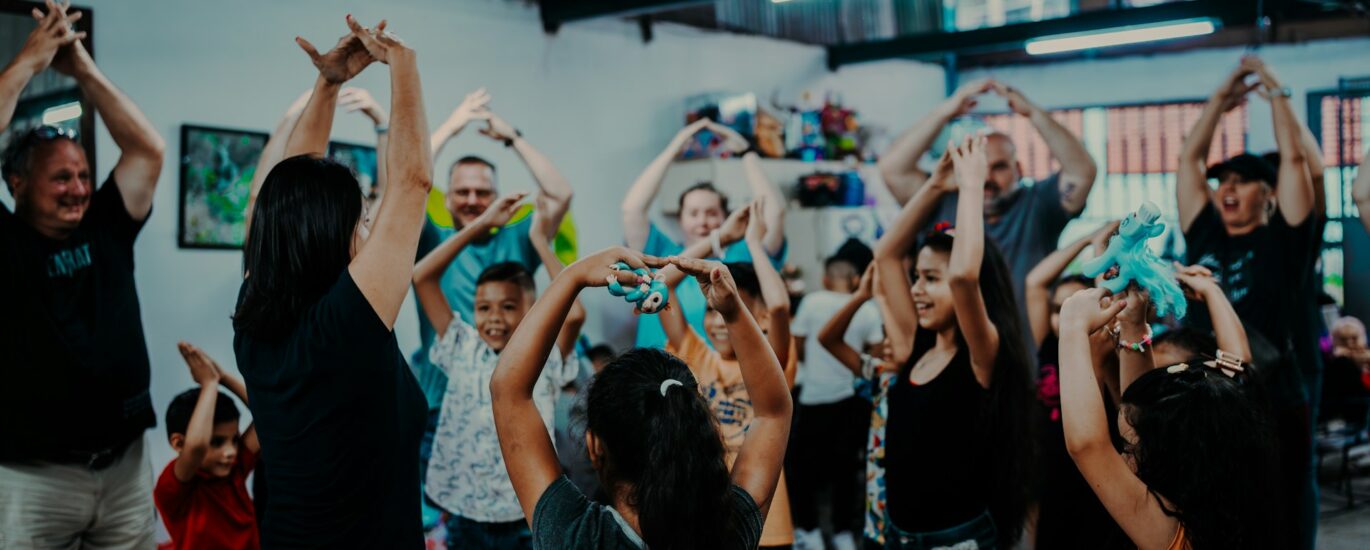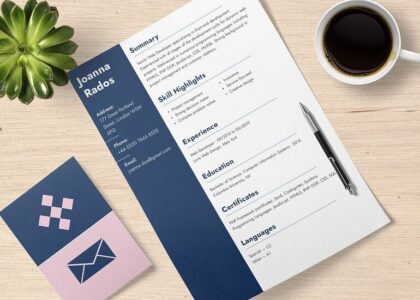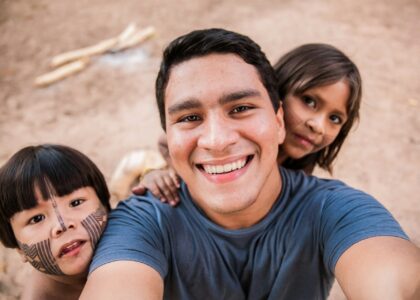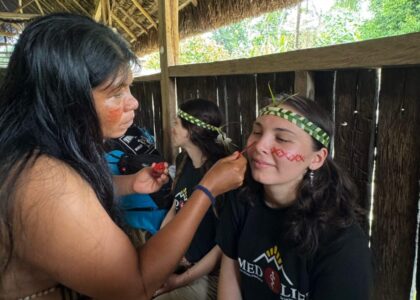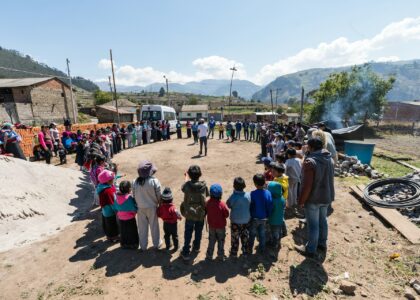If you’re looking for practical skills to put on a resume, there’s no better way to stand out than through real-life experiences from service learning trips. Employers today want more than just classroom knowledge-they want people who have proven themselves in the real world. That’s exactly what you get when you join an Engaged Education trip.
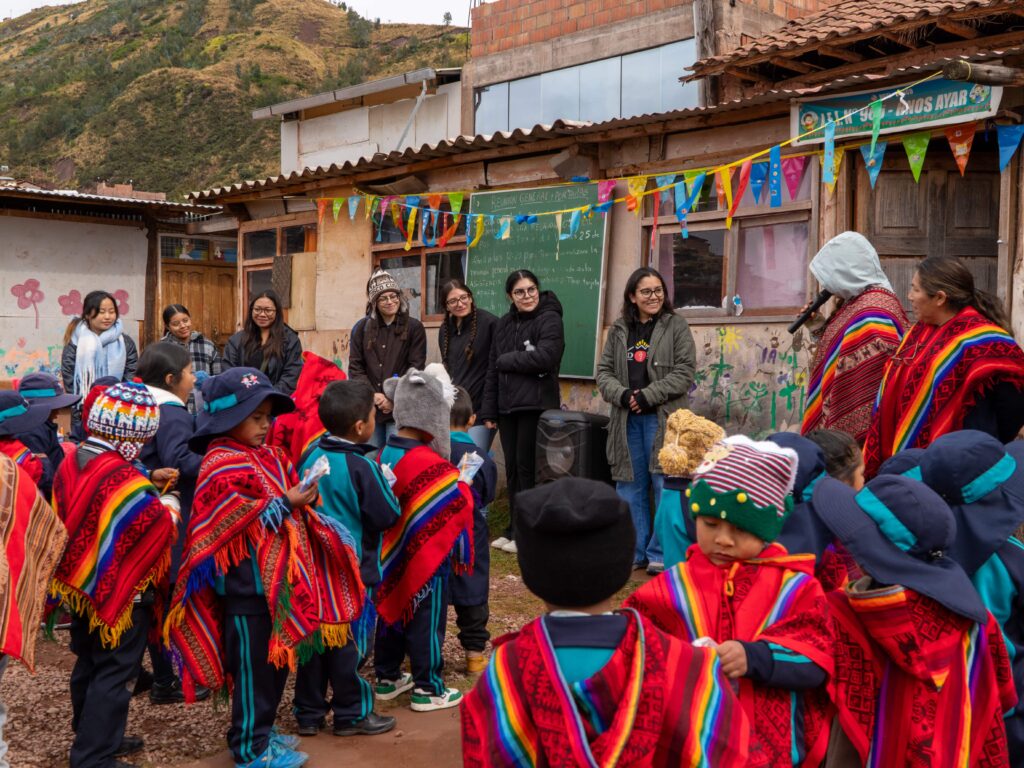
Why Real-Life Experience Matters for Skills to Put on a Resume
Hands-on experiences teach you so much more than any textbook. During a service learning trip, you face new situations, solve real problems, and work in teams. All of these are key skills to add on resume-and they’re the kind of skills hiring managers notice.
If you’re wondering what skills to add on resume, think about what you actually did on your trip: Did you organize a community health workshop? Did you help build a classroom or teach English? Each of these activities builds good resume skills and abilities like communication, leadership, adaptability, and cultural awareness. Here are some examples of skills to put on a resume:
- Project management
- Cross-cultural communication
- Teamwork
- Problem-solving
- Language proficiency
- Flexibility
- Community engagement
Want more detail? Read about how leadership skills grow through international travel.
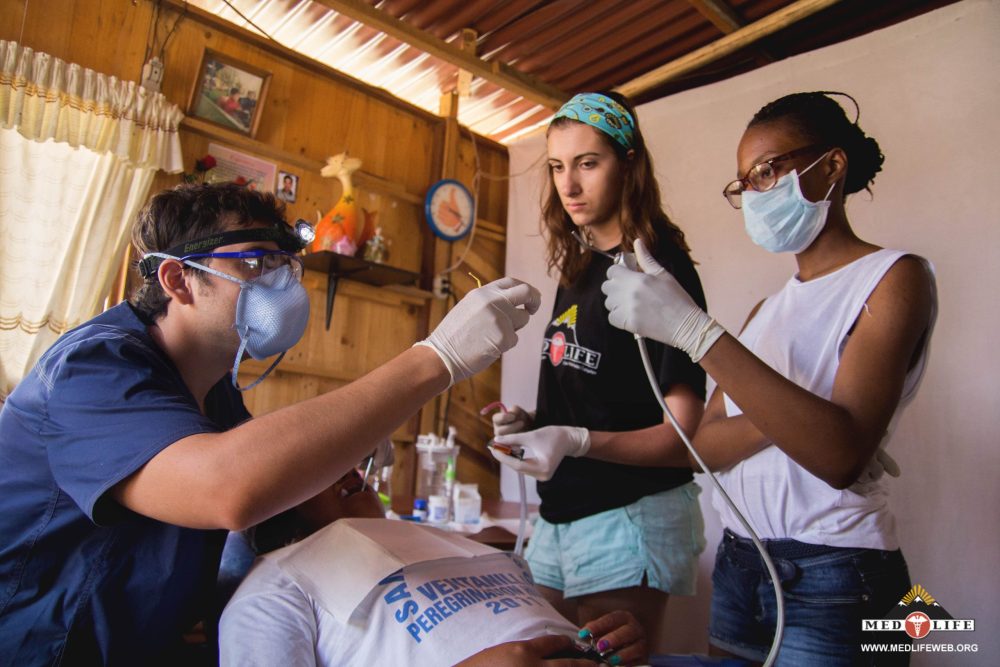
Service Learning Experiences: How They Translate to the Workplace
When employers review your application, they look for people who can hit the ground running. Listing your service learning experience shows you’re motivated, reliable, and willing to take on a challenge. Here’s how these trips help you build resume qualifications and skills examples:
- Teamwork: Collaborating with local and international peers in new environments.
- Adaptability: Navigating unfamiliar cultures and solving unexpected problems.
- Leadership: Taking initiative, whether leading a project or helping organize daily activities.
- Communication: Bridging language and cultural gaps with creativity and empathy.
For more stories about how these trips change perspectives, check out Building Meaningful Connections: The Human Side of Student Volunteering.
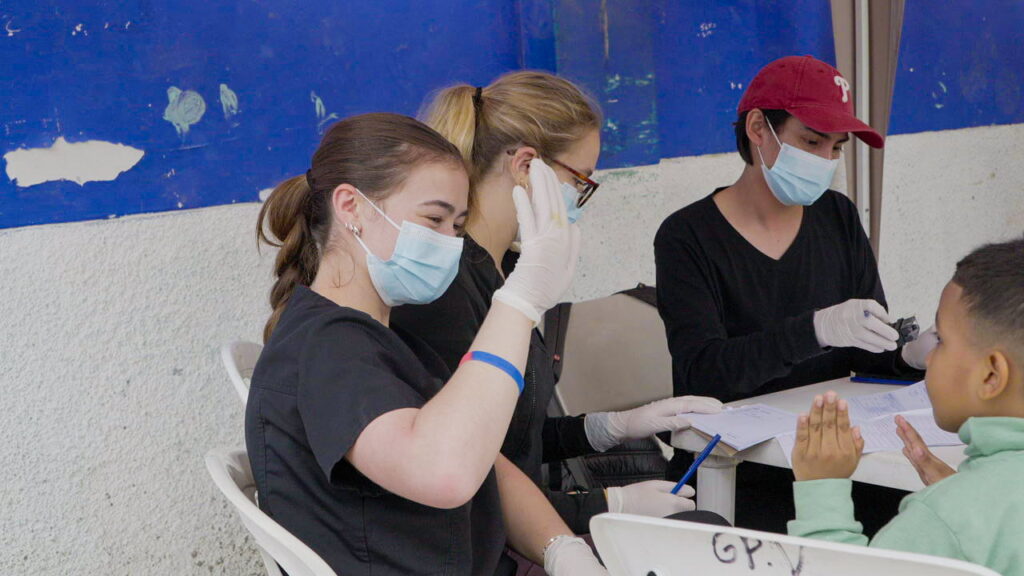
Pros and Cons of Service Learning - What to Expect
It’s important to be realistic about the pros and cons of service learning. The biggest advantage is the wide variety of skills to include on a resume, skills you can’t get in a classroom alone. On the flip side, it takes you out of your comfort zone. You’ll have to adapt quickly, handle setbacks, and work through culture shock. These challenges, however, are exactly what make your skills so valuable to employers.
Not sure if it’s right for you? Read more about the role of service learning programs in student growth and global citizenship.
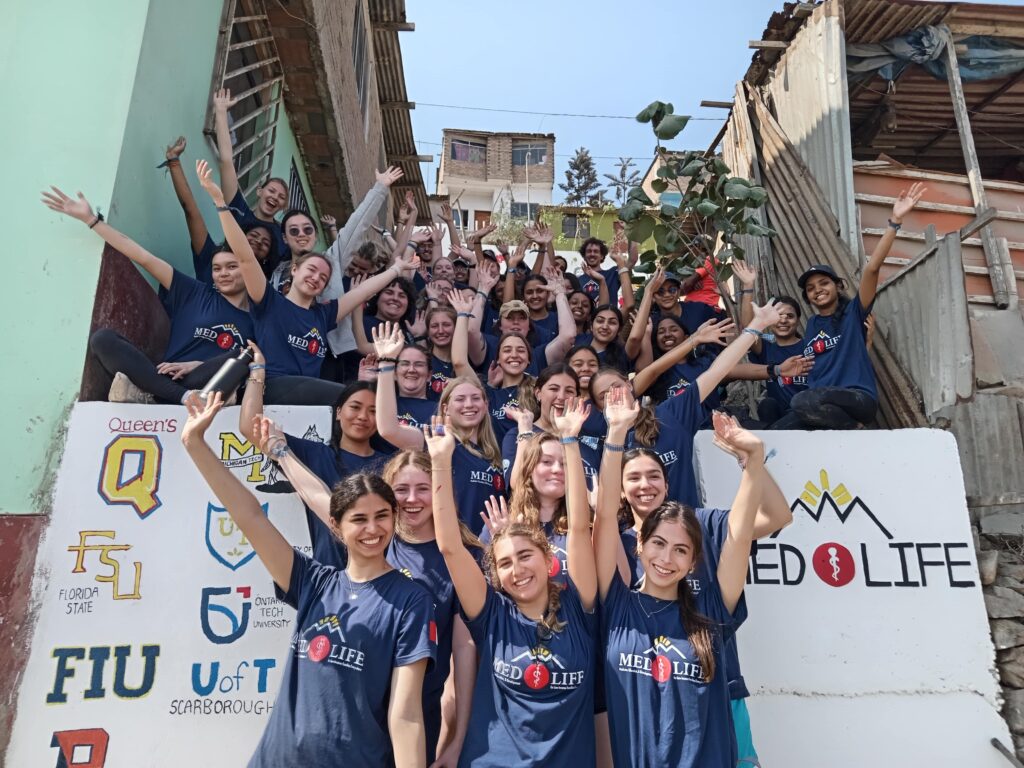
Volunteer Opportunities That Build Resume Skills
One of the best ways to answer the question “how to build a resume” is by exploring volunteer opportunities that push you to learn, lead, and grow. Engaged Education’s trips are designed for exactly that. Whether you’re helping in rural health clinics, teaching, or building infrastructure, you’ll return home with types of skills to put on your resume that show you’re ready for real-world challenges.
Discover more about what it’s like to volunteer in a rural community and how your trip can create real change.
How to List These Skills to Put on a Resume
A lot of students ask, “Where do skills go on a resume?” The answer: you want a dedicated skills section, but you should also weave your experiences throughout your work and education history. Here’s a quick format:
- Skills Section: List out your top skills clearly (e.g., Project Management, Team Leadership, Spanish Proficiency).
- Experience Section: Describe your service learning experiences with action verbs-Organized, Led, Implemented, Communicated, etc.
- Education or Volunteer Section: Highlight projects, leadership roles, and any outcomes (like “Raised funds for a new classroom” or “Coordinated a hygiene education campaign”).
Need more resume tips? Check out resume boosters: how language immersion programs enhance career prospects and the impact of educational travel on college applications.
Curriculum Vitae Skills Examples
If you’re building a CV for grad school or an international job, you’ll want to include curriculum vitae skills examples and “skills and competencies CV” as a dedicated section. Here are a few to get you started:
- Project Leadership: Led a team in constructing community water filters in Peru.
- Cultural Competence: Worked with local leaders to design health education workshops.
- Language Skills: Communicated daily in Spanish during a three-week volunteer placement.
For more on how to format your CV, visit how to enhance student development through service learning.
Engaged Education - Transformative Educational Travel Experiences
Looking for an unforgettable way to gain skills to put on a resume? Download our Engaged Education Brochure to explore our programs and see how you can make a real difference while growing your resume.
Want to directly assist communities in need? For less than one coffee a month, you can make an impact in low-income communities.
Ready to build the skills that will take you further? Join us on your next adventure and become part of a global community of changemakers.


